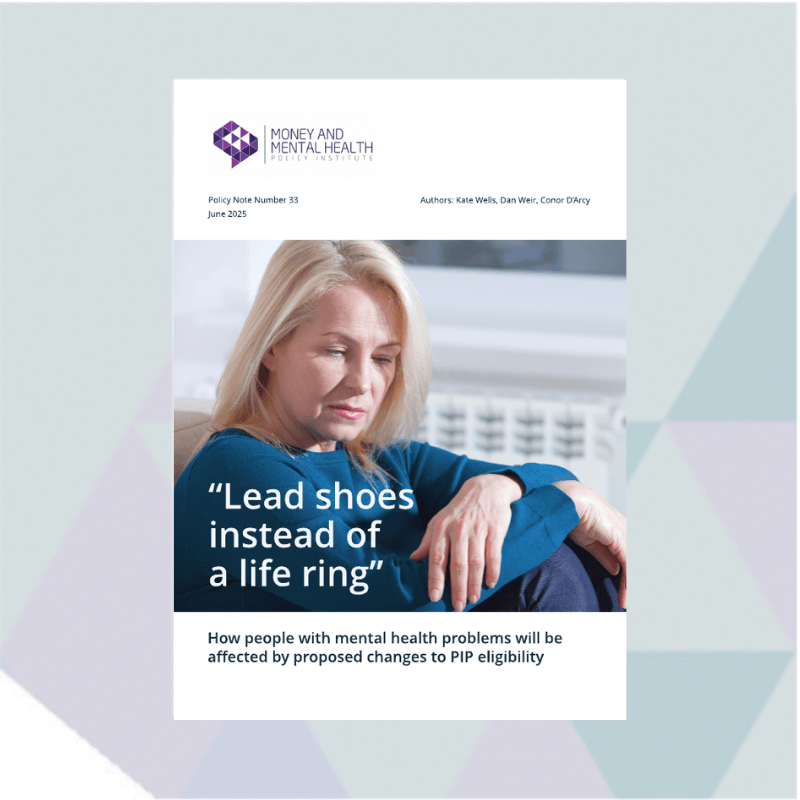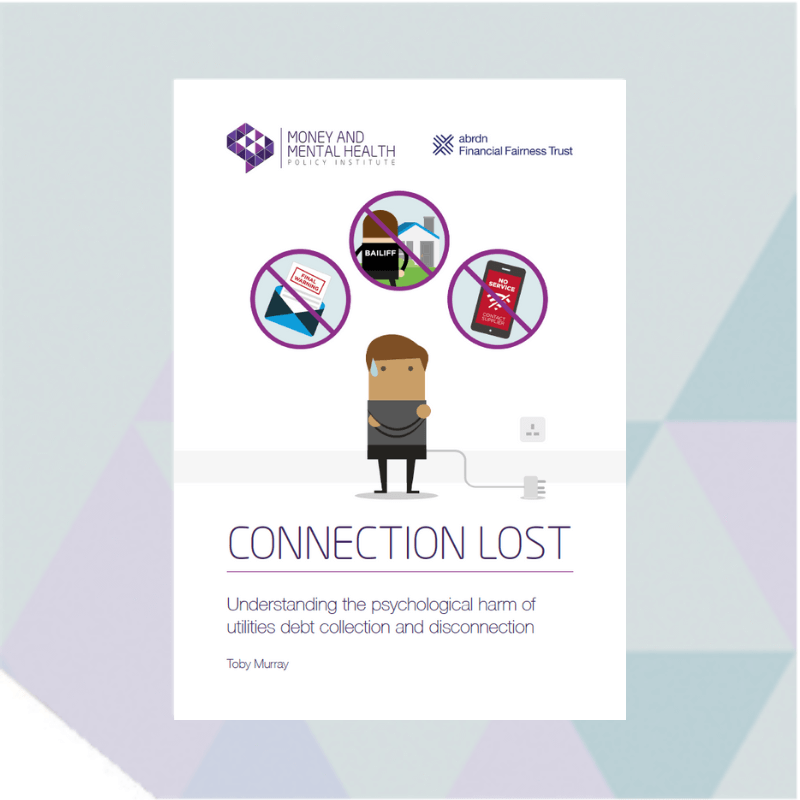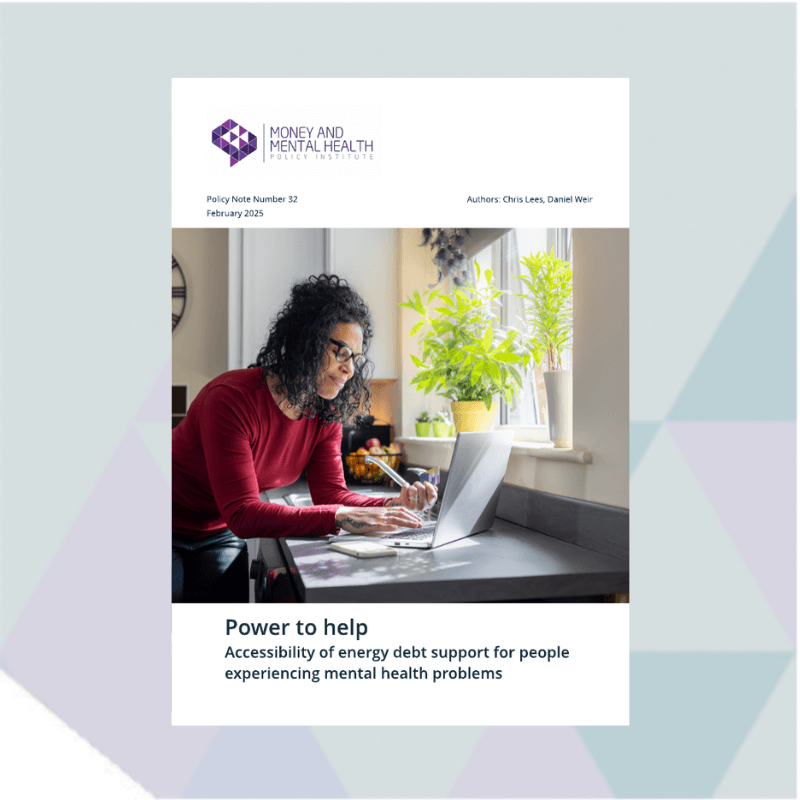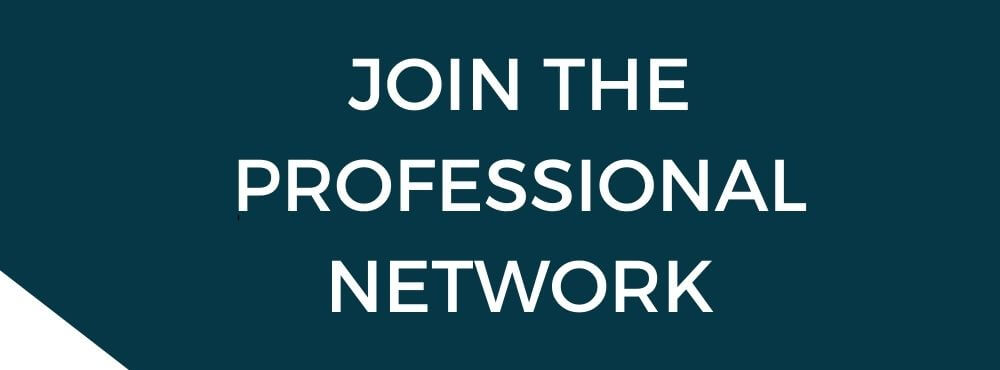
Featured item:
Let’s end the Council Tax Trap
Up to two million people with mental health problems in the UK have fallen into a Council Tax Trap – missing one payment that triggers increasingly aggressive demands from councils to pay rapidly escalating amounts of money.
The aggressive way that councils rapidly escalate collection and charges is trapping millions of people with mental health problems in debt and despair – that needs to change.
Sign the petition.
“It’s an appalling system, I can’t manage it. As soon as I start hearing threats, I become incapable. But even when I’m well enough to contact them and ask for a payment plan to help me keep on top of my finances, they bin me off.”
– Sharon, Expert by experience
 Impact
ImpactOne year on from the election – has anything improved for money and mental health?
Helen Undy, Chief Executive, Money and Mental Health
July 09, 2025Money and Mental Health welcomes government plans for Neighbourhood Health Services
July 02, 2025
Debt collection: A best practice guide for telecoms suppliers
How telecoms suppliers can support their customers with money and mental health problems.
April 02, 2025Connection Lost
Understanding the psychological harm of utilities debt collection and disconnection.
April 02, 2025The i Paper
Our deputy Chief Executive, Conor D’Arcy, spoke to The i Paper about the use of harmful, aggressive methods of collecting council tax debts.
February 21, 2025The Council Tax Collection Coalition submission to the Housing, Communities and Local Government Committee’s inquiry into the Funding and Sustainability of Local Government Finance
Money and Mental Health, alongside 10 other organisations who are part of the Council Tax Collection Coalition, calls for the Housing, Communities and Local Government Select Committee to improve debt collection practices relating to council tax, as well as improving the provision and protections of council tax support.
January 24, 2025 Best practice
Best practiceDebt collection: A best practice guide for telecoms suppliers
How telecoms suppliers can support their customers with money and mental health problems.
April 02, 2025Debt collection: A best practice guide for water suppliers
How water suppliers can support their customers with money and mental health problems.
April 02, 2025Debt collection: A best practice guide for energy suppliers
How energy suppliers can support their customers with money and mental health problems.
April 02, 2025Best practice checklist: Debt advice providers
Half of people in problem debt have a mental health problem. This checklist sets out how debt advice providers can make their services more accessible for people with mental health problems.
July 29, 2020The need to know: Understanding and evidencing customers’ mental health problems
In partnership with the Money Advice Trust, and with support from UK Finance, this guide is designed help creditors support customers affected by debt and mental health problems.
February 19, 2020Nothing to show. Please check again later.
 News
NewsThe i Paper
Our deputy Chief Executive, Conor D’Arcy, spoke to The i Paper about the use of harmful, aggressive methods of collecting council tax debts.
February 21, 2025The Independent
Coverage of our call on the government to end the threat of imprisonment for non-payment of council tax in England.
January 23, 2025The i Paper
The i Paper reported on the call to end aggressive council tax debt collection, quoting our Chair and Founder Martin Lewis.
December 26, 2024Money Saving Expert
Money Saving Expert reported on the call from Martin Lewis to stop aggressive council tax debt collection practices informed by our latest report.
September 09, 2024The Standard
The Standard reported on the call from Martin Lewis to stop aggressive council tax debt collection practices informed by our latest report.
September 09, 2024Big Issue
The Big Issue reported on the call from Martin Lewis to stop aggressive council tax debt collection practices.
September 09, 2024The Mirror
The Mirror reported on the call from Martin Lewis to stop aggressive council tax debt collection practices.
September 09, 2024The Sun
The Sun reported on the call from Martin Lewis to stop aggressive council tax debt collection practices, informed by our latest report.
September 09, 2024inews
inews reported on the call from Martin Lewis to stop aggressive council tax debt collection practices as informed by our latest report.
September 09, 2024LBC
LBC reported on the call from Martin Lewis to stop aggressive council tax debt collection practices as informed by our latest report.
September 09, 2024The Telegraph
The Telegraph reported on the call from Martin Lewis to stop aggressive council tax debt collection practices.
September 09, 2024The Guardian
The Guardian covering Martin Lewis speaking out against aggressive council tax debt collection practices
September 09, 2024 Blogs
BlogsOne year on from the election – has anything improved for money and mental health?
Helen Undy, Chief Executive, Money and Mental Health
July 09, 2025A big win! Government commits to joining up money and mental health support
Imaan Wright, External Affairs Assistant, Money and Mental Health
July 08, 2025Schizophrenia and financial difficulty: a personal perspective
Lewis White, Research Officer, Money and Mental Health
May 23, 2025Connection lost: unpacking our new research on utilities debt collection and mental health
Dan Weir, Research and Policy Manager, Money and Mental Health
April 02, 2025Power to help – how people in energy debt can be best supported
Dan Weir, Research and Policy Manager, Money and Mental Health
February 05, 2025Good progress on the Mental Health Bill
Bronwen Dalley Smith, External Affairs Manager, Money and Mental Health
January 31, 2025Protecting customers from gambling with borrowed funds
Nikki Bond, Head of Gambling Harms Action Lab, Money and Mental Health
January 30, 2025Savings and mental health – how they’re linked
Conor D’Arcy, Deputy Chief Executive, Money and Mental Health
January 29, 2025Five tips for employers to support mental and financial health in the workplace
Lewis White, External Affairs Intern, Money and Mental Health
October 10, 2024Better regulations for the bailiff industry: what we’re calling for
Toby Murray, Senior Research Officer, Money and Mental Health
October 02, 2024Event recap: launching our research on public sector debt collection
Lewis White, External Affairs Intern, Money and Mental Health
September 27, 2024Help us end the Council Tax Trap for people with mental health problems
Clare Laxton, Interim External Affairs Manager, Money and Mental Health
September 17, 2024The Council Tax Collection Coalition submission to the Housing, Communities and Local Government Committee’s inquiry into the Funding and Sustainability of Local Government Finance
Money and Mental Health, alongside 10 other organisations who are part of the Council Tax Collection Coalition, calls for the Housing, Communities and Local Government Select Committee to improve debt collection practices relating to council tax, as well as improving the provision and protections of council tax support.
January 24, 2025Money and Mental Health’s submission to the Scottish Government’s consultation on a Mental Health Moratorium
Money and Mental Health supports the Scottish Government’s proposed eligibility criteria, application process, and protections for the Mental Health Moratorium. In particular, we support the decision to widen the eligibility criteria to include those receiving treatment voluntarily and within a community.
January 14, 2025Money and Mental Health’s submission to Ofgem’s call for input on affordability and debt in the domestic retail market
Money and Mental Health raise the factors that contribute to people with mental health problems being more likely to be behind on their energy bills and what actions the government, Ofgem and energy companies need to take.
May 15, 2024Money and Mental Health’s submission to the FCA’s consultation on “Our Enforcement Guide and publicising enforcement investigations–a new approach”
Money and Mental Health welcomes the FCA’s proposals for publicising enforcement investigations and suggests ways the FCA could go further to inform affected consumers.
May 01, 2024Money and Mental Health submission to the Enforcement Conduct Board’s 2024/25 Business Plan consultation
Money and Mental Health proposals for delivery of effective regulation of the enforcement industry.
April 15, 2024Money and Mental Health submission to the Money and Pensions Service consultation on proposals for the delivery of its debt advice strategy
Money and Mental Health outline the steps MaPS should take to improve the delivery of its debt advice strategy for people with mental health problems.
April 03, 2024Money and Mental Health’s submission to the Scottish Government’s consultation on a Mental Health Moratorium
Money and Mental Health’s response to the Scottish Government’s proposals on introducing a Mental Health Moratorium debt respite scheme.
January 16, 2024Money and Mental Health’s submission to the Money and Pensions Service’s Request for Information on Mental Health Crisis Breathing Space
Money and Mental Health’s view on proposals for expanding the Mental Health Crisis Breathing Space service.
April 12, 2023Money and Mental Health submission to the Money and Pensions Service’s call for evidence on debt advice clients with deficit budgets
Money and Mental Health submission to the Money and Pensions Service’s call for evidence on
December 01, 2022Money and Mental Health submission to the Scottish Government’s statutory debt solutions and diligence: policy review response consultation
October 06, 2022
Money and Mental Health’s submission to HM Treasury’s Statutory Debt Repayment Plan Consultation
July 29, 2022
Stop the charge
Polly Mackenzie, Author, Katie Evans, Author Stop the charge 11th October 2016 People with
November 09, 2016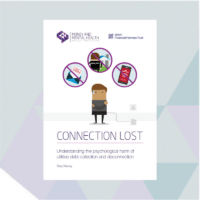 Publications
PublicationsConnection Lost
Understanding the psychological harm of utilities debt collection and disconnection.
April 02, 2025Power to help
Exploring the accessibility of energy debt support for people experiencing mental health problems.
February 05, 2025Reforming the Mental Health Act
Time to tackle the links between financial difficulty and acute mental illness.
October 23, 2024In the public interest?
The psychological toll of local and national government debt collection practices.
September 09, 2024Access to debt advice
The needs of people with serious mental health problems.
April 02, 2024Always on your mind
Preventing persistent money and mental health problems.
March 20, 2024No place like home
Supporting people with mental health problems in mortgage difficulty.
January 25, 2024Debts and despair
How debt collection practices contribute to psychological harm.
December 14, 2023Breaking the cycle
The case for integrating money and mental health support during the cost of living crisis.
July 18, 2023Bombarded
Reducing the psychological harm caused by the cost of living crisis.
December 06, 2022No One Left Behind
Making levelling up deliver for people with mental health problems.
July 12, 2022Recommissioning debt advice services: meeting the needs of people with mental health problems
Making the case for the Money and Pensions Service to protect face-to-face debt advice.
December 17, 2021Money and Mental Health welcomes government plans for Neighbourhood Health Services
July 02, 2025
Money and Mental Health welcomes new government consultation on making council tax collection fairer
June 20, 2025
Martin Lewis & charity welcomes government consultation on independent bailiff regulation
June 09, 2025
Martin Lewis’s charity celebrates campaign win, as government agrees to consult on making council tax collection fairer
May 14, 2025
Martin Lewis’ charity responds to Welsh government plans to make council tax debt collection fairer
April 30, 2025
Charity urges utilities regulators to crack down on aggressive debt collection practices – as research shows people with severe mental illness are twice as likely to be disconnected
April 02, 2025
‘Council tax collection practices are so aggressive they’d make the banks blush’ — Up to 2m people with mental health problems are at risk of hideous harms, warns Martin Lewis’ charity.
Research published Money and Mental Health exposes local council debt collection practices — showing them to be far more aggressive than financial firms, and driving unacceptable harms that disproportionately affect people with mental health problems.
September 09, 2024Millions of Britons at risk of avoidable long term mental health and money problems, unless government ramps up preventative support
March 20, 2024
Money and Mental Health response to joint regulators statement on debt collection practices
March 18, 2024
1.3m people with mental health problems have cut back on food and energy to keep up with mortgage payments
January 25, 2024

